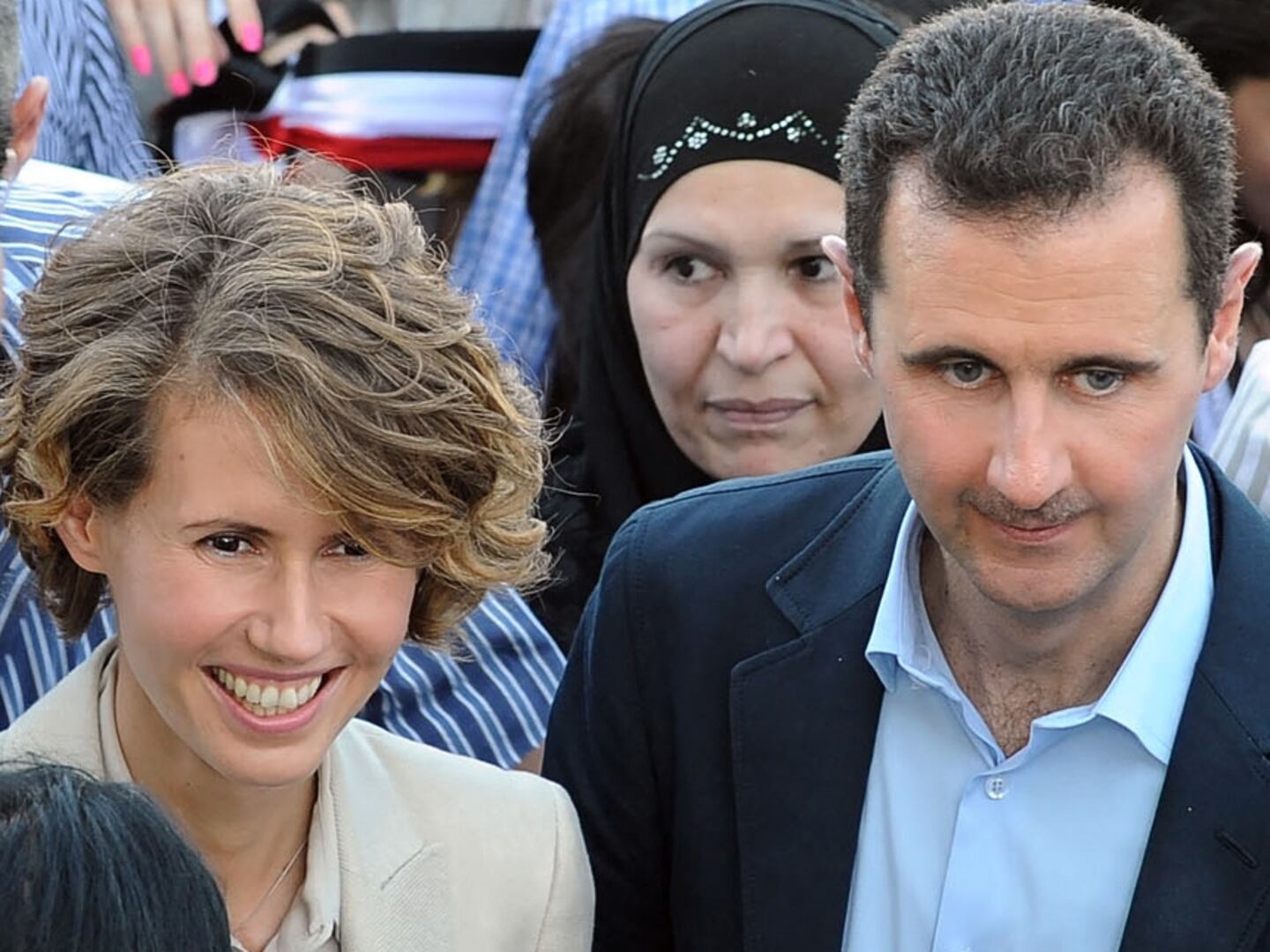Trumpland
Photo Illustration by Kelly Caminero/The Daily Beast
Emails: EPA Staffers Freaked When Pruitt Tried to Stage Climate-Change Debate
JUNK SCIENCE
‘I liken it to a bar discussion of the best football team of all time—after 4-5 beers,’ one official wrote.

Trending Now






